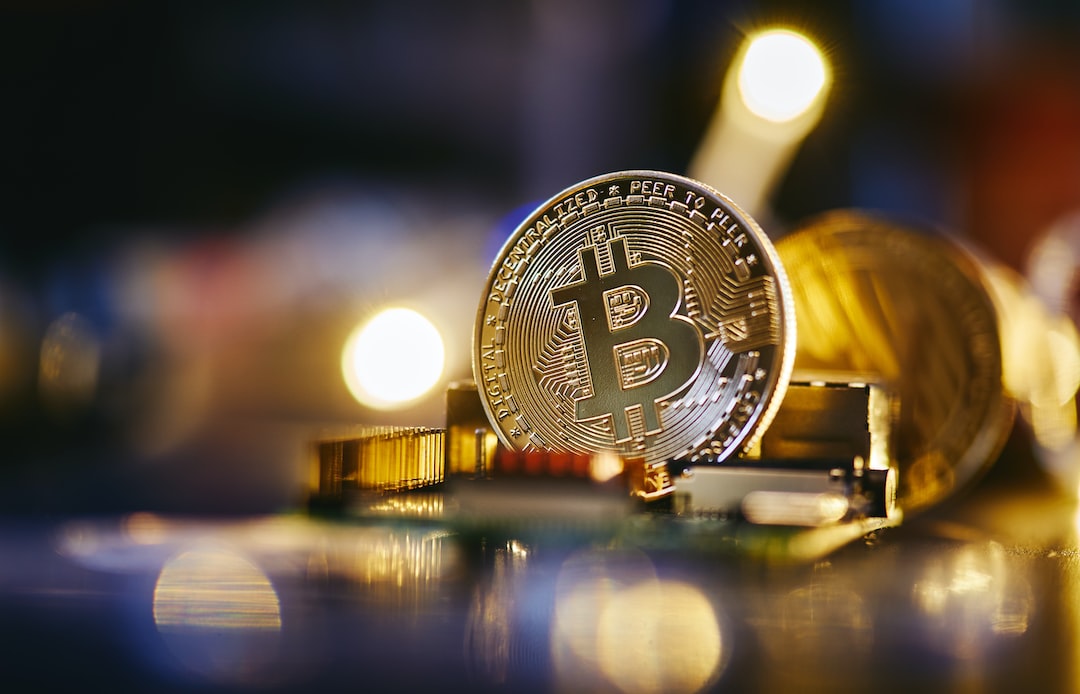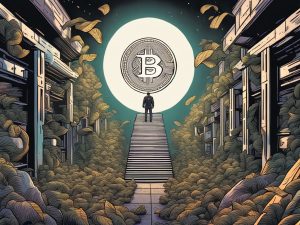Are Solana Validators Heavily Subsidized?
A user named arixon.eth has made a claim that over 90% of Solana validators receive significant subsidies from the Solana Foundation and Alameda Research, the defunct trading wing associated with FTX. This allegation was posted on October 4th, stating that the level of subsidy is surprising and will have negative effects on SOL prices in the long run.
Solana is a blockchain platform that aims to compete with Ethereum by combining proof-of-stake (PoS) with proof-of-history (PoH) as its consensus method. However, arixon.eth argues that if it weren’t for these heavy subsidies, the number of Solana nodes and validators would be much lower. The analyst suggests that the presence of many nodes is due to two centralized entities providing free money to node operators.
The arrangement between the Solana Foundation and node operators allows for manipulation, according to arixon.eth. The foundation can influence node operators’ actions by threatening to withdraw their stake. Additionally, it is noted that many node operators have zero delegations from ordinary SOL holders.
Solana Co-Founder Responds, Claims Stake Not Validator Count Is Important
Anatoly Yakovenko, co-founder of Solana, has responded to these allegations. Yakovenko emphasizes that what matters for network security and stability are the online votes and their significance. While there are roughly 2,000 validators securing the network through their nodes and vote keys, it is not the stake held by each validator that determines their importance.
When a node unstakes SOL, their voting power decreases as they claim staking rewards and rewards from block validation. In such cases, the network relies on other validators for decentralization and security, regardless of their stake. A Solana node operator explains that the distribution of online validators plays a critical role in these situations.
Hot Take: Implications for Solana’s Decentralization
The allegations of heavy subsidies provided by the Solana Foundation and Alameda Research raise concerns about the true level of decentralization within the Solana network. If a large majority of validators rely on these subsidies, it could undermine the network’s security and independence.
Furthermore, the ability of the foundation to manipulate node operators through its control over their stake raises questions about the governance and decision-making processes within Solana. It is important for a blockchain platform to have a robust and transparent governance structure to ensure fair and equitable decision-making.
Solana’s co-founder’s response highlights the significance of online votes rather than the stake held by validators. This emphasizes the importance of active participation and engagement from validators in securing the network. However, it remains to be seen how this dynamic will evolve and whether steps will be taken to address concerns regarding subsidies and governance within Solana.





 By
By
 By
By
 By
By
 By
By
 By
By